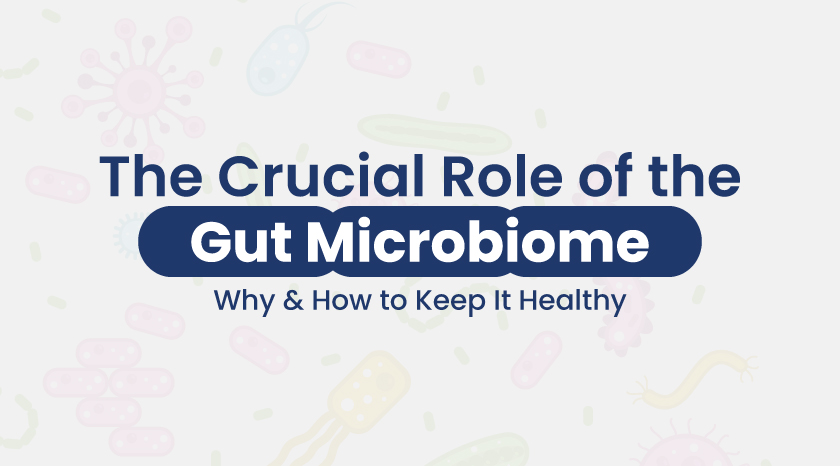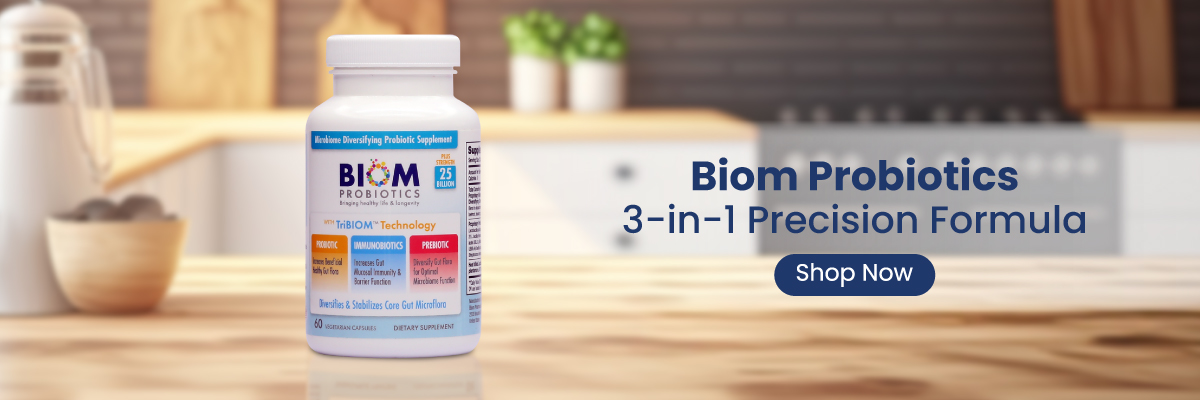Our gut microbiome, the complex community of microorganisms living in our digestive tract, plays a crucial role in our overall health. Beyond its well-known functions in digestion and nutrient absorption, the gut microbiome affects everything from our immune system to mental health, chronic disease risk, and more. In this blog, we’ll explore why maintaining a healthy gut microbiome is essential and how dietary choices, including probiotics, can support this vital ecosystem.
Understanding the Gut Microbiome
The gut microbiome consists of trillions of bacteria, viruses, fungi, and other microorganisms. This diverse community is highly dynamic and influenced by various factors, including diet, lifestyle, and environment. A healthy gut microbiome is characterized by a balance of beneficial and potentially harmful microorganisms. Maintaining this balance is key to good health.
Why Is a Healthy Gut Microbiome Important?
1. Digestive Health: A balanced microbiome helps to efficiently break down food and absorb nutrients. It can prevent issues like irritable bowel syndrome (IBS), inflammatory bowel disease (IBD), and even reduce the risk of colorectal cancer.
2. Immune System Support: About 70% of the immune system is housed in the gut. A healthy microbiome influences immune responses and helps protect against pathogens.
3. Mental Health: Emerging research links the gut microbiome to mental health through the “gut-brain axis.” Imbalances in gut bacteria may be associated with various psychological disorders, including depression and anxiety.
4. Chronic Disease Prevention: Research shows connections between the gut microbiome and conditions like diabetes, obesity, and heart disease. A healthy gut can help manage or prevent these diseases.
How to Support Your Gut Microbiome
1. Diverse Diet: Consuming a wide range of fruits, vegetables, whole grains, and legumes can promote a diverse microbiome. These foods are high in fiber, which feeds beneficial bacteria.
2. Probiotics: These are live bacteria found in certain foods and supplements that can provide health benefits when consumed. They add to the population of good bacteria in your digestive system.
3. Prebiotics: These are compounds in food that induce the growth or activity of beneficial microorganisms. Foods rich in prebiotics include garlic, onions, bananas, and asparagus.
4. Avoid Unnecessary Antibiotics: While antibiotics are crucial for treating bacterial infections, unnecessary usage can harm the gut microbiome by killing beneficial bacteria along with harmful ones.
Probiotics: A Closer Look
Probiotics are among the most direct ways to enhance gut health. Here’s how to incorporate them into your diet:
1. Fermented Foods: Many fermented foods naturally contain probiotics. Examples include yogurt, kefir, sauerkraut, kimchi, and kombucha. Regular consumption of these foods can help increase the diversity and number of beneficial bacteria in the gut.
2. Probiotic Supplements: These can be particularly helpful for restoring the gut microbiome after disruptions like antibiotic treatment. It’s important to choose a supplement that contains live and active cultures, and ideally, one that has been tested for efficacy in clinical trials.
3. Integrating Probiotics into Meals: Adding probiotic-rich foods to your diet doesn’t need to be complicated. For instance, start your day with a yogurt-based smoothie, add sauerkraut to your sandwiches, or drink a glass of kombucha.
Maintaining a healthy gut microbiome is essential for overall health and well-being. By understanding the impact of the microbiome on various aspects of health and taking steps to support it — particularly through diet and probiotics — we can enhance our digestive health, immune function, mental well-being, and more. Start paying attention to your gut today; your body will thank you for it!





